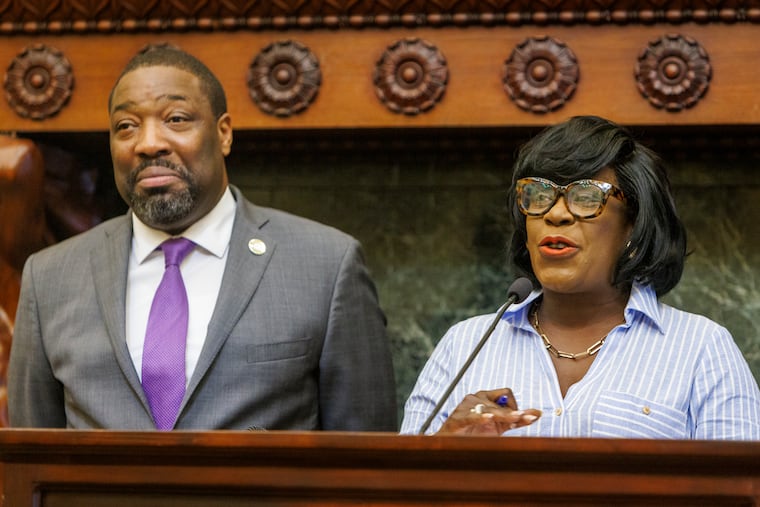Bank of America Plaza redesign moves forward, securing necessary incentives for downtown development.
An extensive redevelopment proposal for the Bank of America Plaza in Dallas, the city’s tallest building, has received initial approval from key stakeholders. The proposal, submitted by Hoque Global and PegasusAblon, envisions substantial changes to the iconic tower, aimed at revitalizing the surrounding area amid ongoing challenges in the post-pandemic real estate market.
Last year, developers Mike Hoque and Mike Ablon announced their intent to purchase the landmark structure, which stands at 72 stories and features distinctive green lighting. Their newly established entity, 901 Main PAHG Partners, LLC, has proposed a comprehensive redevelopment plan worth approximately 9 million. This initiative comes in the wake of the departure of Bank of America, its primary tenant, which has left a significant vacancy in the downtown office market.
During a joint meeting held on Tuesday, the Downtown Connection Tax Increment Financing (TIF) District and Downtown Dallas Development Authority (DDDA) boards endorsed a recommendation for a million incentives package to support the redevelopment. However, this approval was contingent on amendments that included an additional million allocation for requested improvements to the parking garage.
The redevelopment plan is particularly critical as Dallas grapples with elevated downtown office vacancies, which reportedly reached 27.1% in 2024, significantly higher than the sub-20% rate seen in the Uptown area. In light of these vacancy concerns, the city has prioritized initiatives to revitalize downtown, which also includes plans for a new convention center in proximity to Bank of America Plaza.
Details of the redevelopment proposition involve reducing the total office space from 1.8 million square feet to 1.5 million square feet while introducing approximately 280 four-star or higher hotel rooms, along with a new adjacent structure for hotel amenities. Furthermore, plans include a substantial new parking facility with 1,115 spaces, street-level retail options, and a bridge connecting the new components across Main Street.
While the boards expressed enthusiasm regarding the proposal, they also raised concerns specifically related to the incentives package, especially in the context of subsidizing tenant improvements, which some members feared could create an uneven marketplace. Nevertheless, following constructive dialogue, they reconciled their concerns into a compromise aimed at facilitating the redevelopment.
Looking ahead, the proposal is scheduled for consideration by the city’s economic development committee on October 6, with a subsequent city council meeting set for October 22, when public comments will be solicited before a vote on the incentives package. Securing these incentives is critical for moving forward, especially given a property acquisition deadline of September 30, 2026.
Should the city council endorse the plan, developers anticipate a structured timeline with significant milestones leading to substantial completion by September 30, 2032. The eventual success of the redevelopment will also hinge on attracting a confirmed hotel partner to occupy the redesigned premises.
As the project progresses, stakeholders and observers will be keen to see how this ambitious initiative shapes the redevelopment landscape in downtown Dallas.







